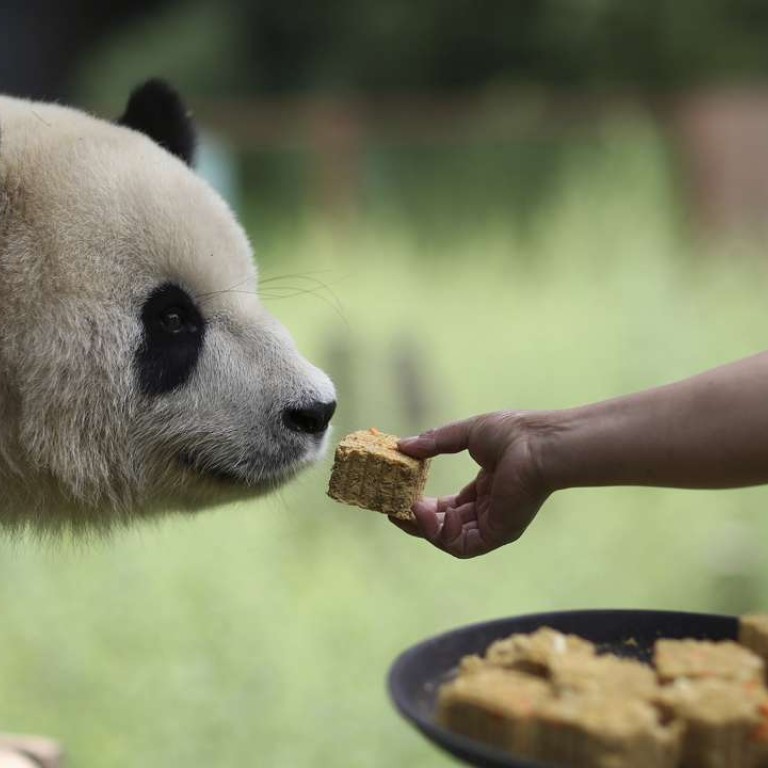
A mooncake with no filling? That’s how the ancient Chinese liked them
Traditionalists who scoff at contemporary versions of the mooncake will be surprised to learn that during the Southern Song period, the festival fare did not even have a filling
Many in Hong Kong will have mooncakes sitting forlornly in their refrigerators today, or mooncake vouchers “gifted” by friends and business associates that they don’t know how to get rid of. I’m not a fan of traditional Cantonese-style mooncakes, the greasy confectionery filled with lotus-seed paste and salted egg yolks that sits in the guts for days. I am, however, partial to the more contemporary versions that feature chocolate, custard and even durian. I hear traditionalists scoff, but I’m fairly certain that when lotus-seed paste and egg yolks were first used as mooncake filling – we’re not sure when – the traditionalists of the day would have dismissed it as a new-fangled contrivance.
The association of round cakes with the Mid-Autumn Festival started when the Tang dynasty’s Emperor Xizong, who reigned 873-888, presented cakes and red silk during the festival to scholars who passed the imperial examinations.


